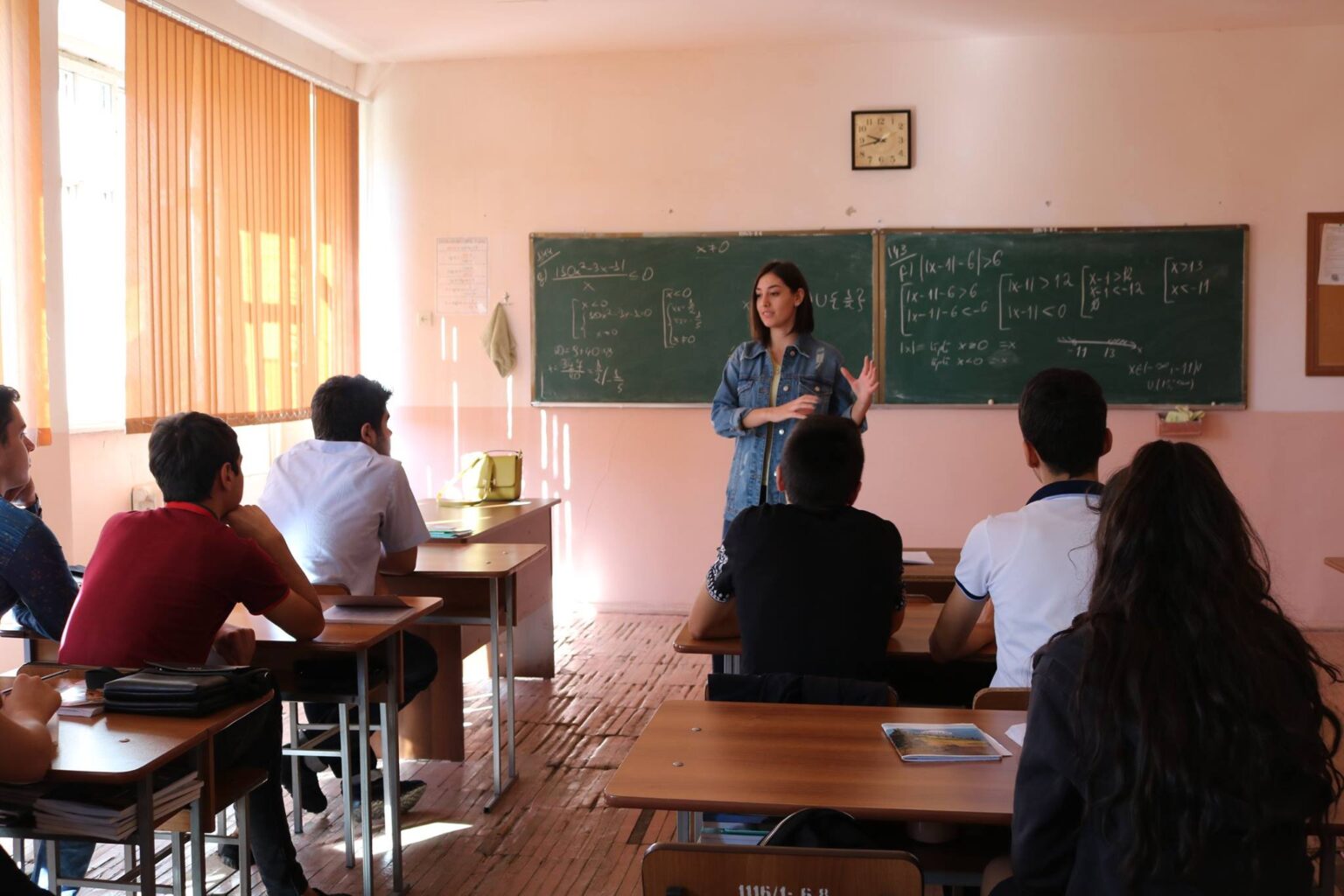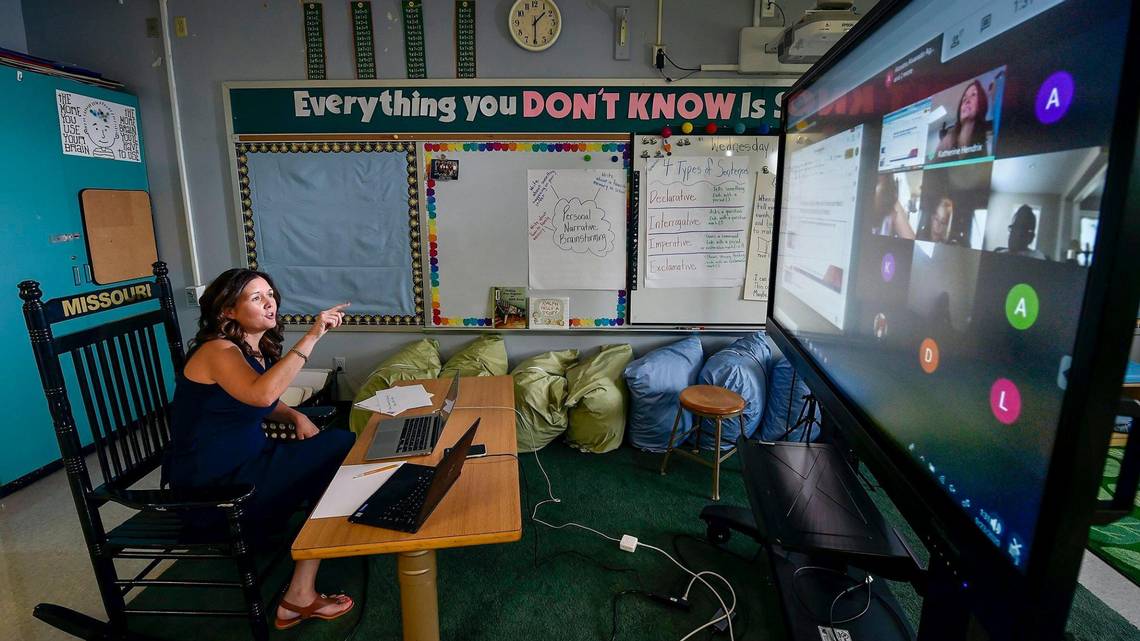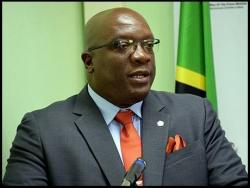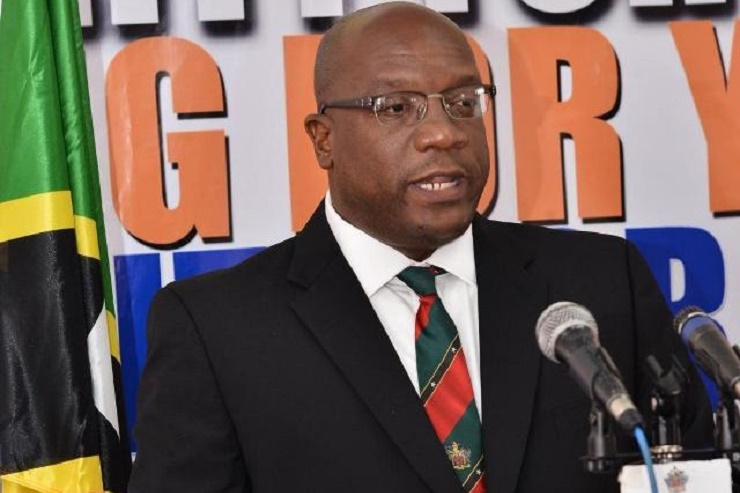Missouri teachers demand pay raise
Britt Tate has always worked on the sidelines. It used to be all about baking cakes, but these days, after saying goodbye to her sophomore arts class at Bryan Hill Elementary, she’s heading to Columbia Elementary School to work a shift of three hours as an after-school counselor for St. Louis Public School. District.
Her daughter needs braces. The cost of living continues to rise and she has seen several colleagues leave the district, retire or change careers. After two years of the pandemic, she says, “there are not many of us teachers anymore.”
Between illness and high turnover, schools have faced staffing shortages throughout the pandemic. Now, as the unwinding of COVID restrictions allows classrooms to return to some version of normality, Missouri educators are urging lawmakers to do something about minimum state funding for public teacher salaries , which have not been increased since 2006.
Those who stayed in teaching, like Tate, waited years for state lawmakers to act. Several proposals have been tabled during this year’s legislative session, but it’s unclear whether they will become law or just another dashed hope.
Momentum for their cause grew. Gov. Mike Parson lent his support to teacher raises during his State of the State address, calling low salaries “unacceptable.” Earlier this week, the National Education Association released its annual educator compensation report, ranking Missouri 50th in the United States for beginning teacher salaries, behind only Montana.
Fridays Saint Louis live, Tate predicted, “There’s going to be one more exodus, I think, at the end of this school year.” She added, “I think the districts are trying to find teachers now in hopes that they’ve had enough.”
Missouri’s minimum wage for new teachers is just $25,000. This means that school districts depend on their local tax bases to raise those salaries to competitive numbers. The wealthier and more populous the district, the more local tax revenue can be spent on hiring or increasing teachers.
This creates competition between districts. Tate said several school districts were trying to “poach” her by offering her a higher salary. She mulls over the offers, but she doesn’t like what they mean for the area’s school systems.
“I think because of the legislative issues and the salary issues at all levels in the state of Missouri, they’re putting the districts in really awkward positions and forcing them into fighting and poaching,” he said. she said on Friday. “It’s not good for children. It’s not good for leaders. It’s not good for teachers. It’s just a mess.
Paul Ziegler, executive director of education nonprofit EducationPlus, said he’s seen this pattern before: teachers can find new jobs with higher salaries, but he warned that this strategy also has an impact. on the “peripheral” districts which lack the resources to compete with the richer areas. In response, these districts are trying to poach teachers from rural schools.
Behind Missouri’s Low Teacher Pay ‘Mess’
“You see it all the time here in the region,” he said. Saint Louis live. “They’re looking to rural communities to attract these people, and that’s unfortunate.”
Teachers in rural areas are even harder hit by the low level of public funding of teacher salaries. Misty Grandel, an English and language arts teacher in Fordland, a rural town just outside of Springfield, graduated from high school in the district where she has worked for more than 20 years.
In 2020, Grandel was named Missouri Teacher of the Year. She, too, is waiting for the state to finally act on teacher compensation.
“Teachers are not martyrs, and we shouldn’t ask them to be,” Grandel said. “Teachers love children, they love what they do. And when we look at it that way, we also have to recognize that it’s our duty to make sure we take care of them.
“Saint Louis live” tells you the stories of Saint-Louis and the people who live, work and create in our region. The show is hosted by Sarah Fenské and produced by Emily Woodbury, Kayla Drake, Danny Wicentowski and Alex Heuer. Jane Mather-Glass is our production assistant. The sound engineer is Aaron Dorr.






